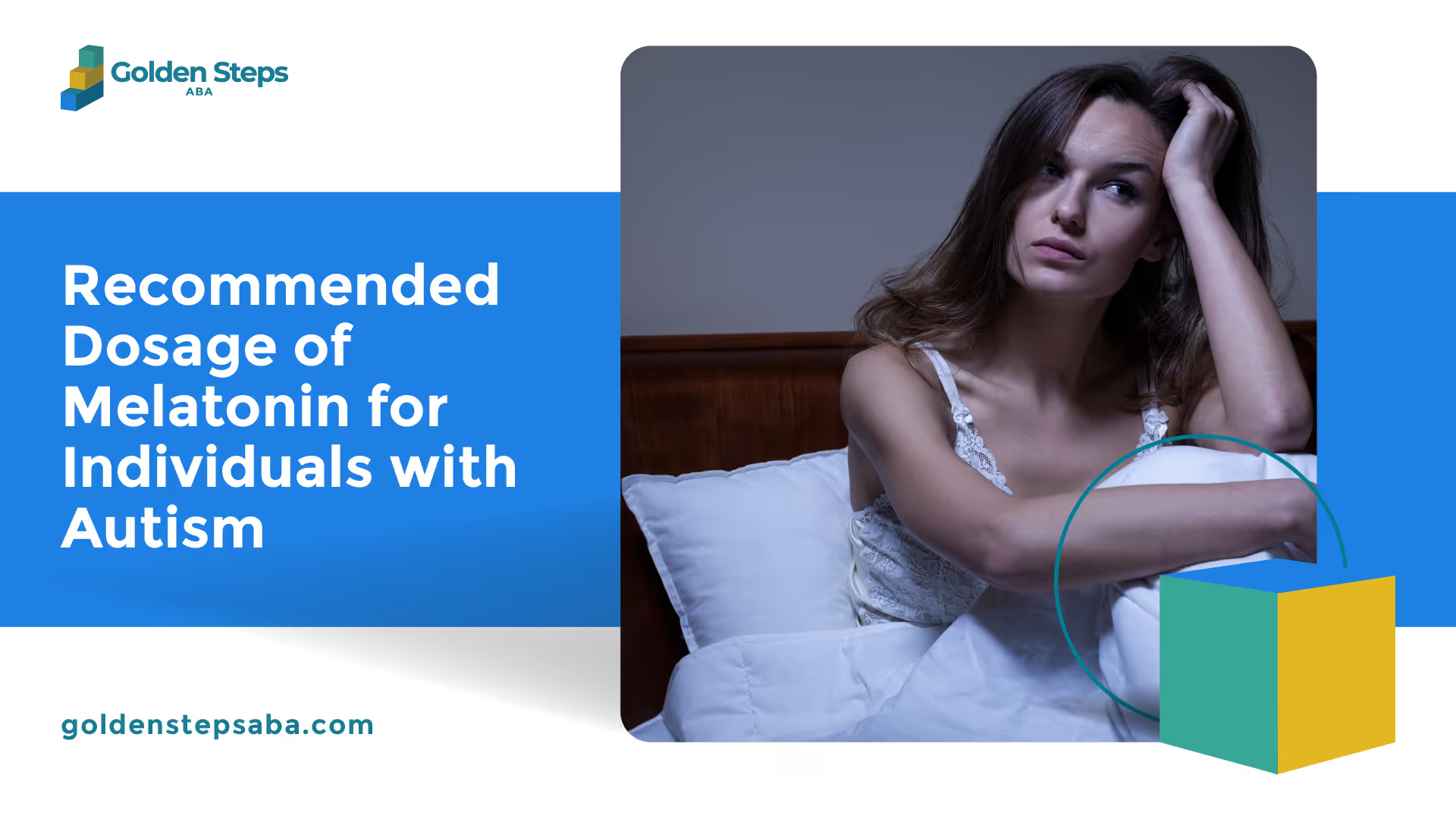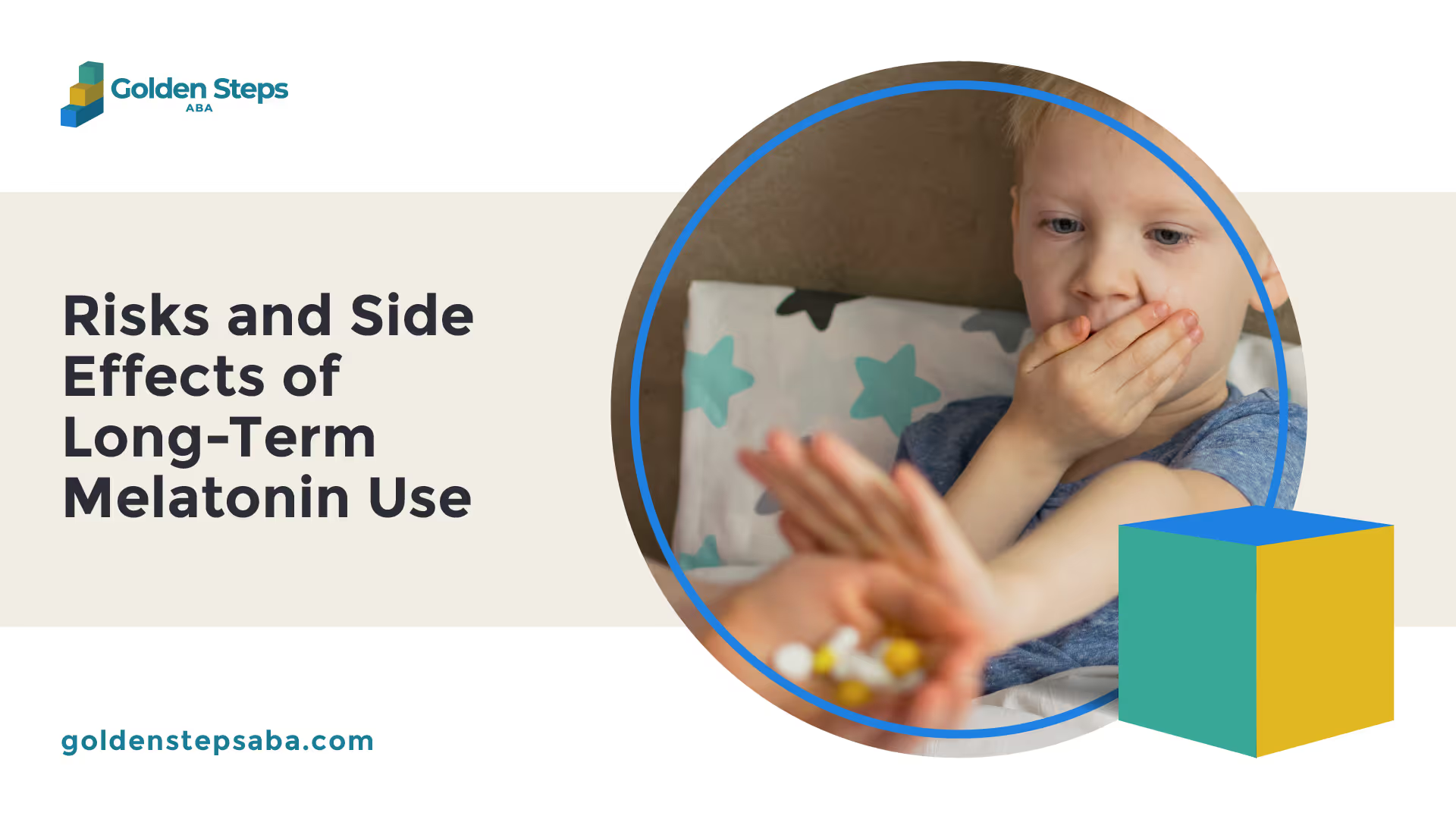Melatonin is a hormone that is naturally produced in the body and plays a crucial role in regulating sleep-wake cycles.
It is often used as a supplement to aid in sleep disorders such as insomnia and jet lag. However, recent studies have shown that melatonin may also have potential benefits for individuals with autism.
Autism is a neurodevelopmental disorder that affects communication, social interaction, and behavior. Sleep problems are common among individuals with autism, and up to 80% of children with autism experience some form of sleep disturbances.
These sleep disturbances can exacerbate other symptoms of autism, such as irritability and hyperactivity, and can also affect the overall quality of life for both the individual with autism and their caregivers.
Research has shown that melatonin may be effective in improving sleep in individuals with autism.
A study conducted by the University of California, Los Angeles, found that melatonin improved sleep onset and total sleep time in children with autism compared to a placebo.
Another study published in the Journal of Child Neurology found that melatonin improved sleep latency, total sleep time, and sleep efficiency in children with autism.
In addition to improving sleep, melatonin may also have other benefits for individuals with autism. A study published in the Journal of Pineal Research found that melatonin supplementation improved behavior and communication in children with autism.
The study also found that melatonin reduced oxidative stress, which is a factor that has been associated with the development and progression of autism.
Despite these potential benefits, there are also risks associated with melatonin use. The most common side effects of melatonin include dizziness, headache, and nausea.
Melatonin can also interact with certain medications, including blood thinners and antidepressants. It is important to consult with a healthcare provider before starting melatonin supplementation, especially for individuals with underlying medical conditions or taking other medications.
Recommended Dosage of Melatonin for Individuals with Autism

The recommended dosage of melatonin for individuals with autism varies based on age, weight, and severity of sleep disturbances. According to the American Academy of Sleep Medicine, a starting dose of 1-3 mg is typically recommended for children and adolescents with autism who have difficulty falling asleep or staying asleep.
However, it is important to note that melatonin should only be used under the guidance of a healthcare provider.
The optimal dosage may need to be adjusted over time based on individual response and any potential side effects.
It is also recommended to take melatonin approximately 30 minutes before bedtime to allow sufficient time for the supplement to take effect.
Additionally, individuals with autism and their caregivers should be aware that melatonin can cause drowsiness and should avoid activities that require alertness, such as driving or operating heavy machinery, after taking melatonin.
Overall, while melatonin shows promise in improving sleep and other symptoms in individuals with autism, it is important to use caution when considering supplementation and always consult with a healthcare professional before starting any new treatment plan.
Risks and Side Effects of Long-Term Melatonin Use

While melatonin is generally considered safe for short-term use, there are potential risks and side effects associated with long-term use.
One concern is that long-term use of melatonin may disrupt the body's natural production of the hormone, leading to a dependence on supplementation to regulate sleep. This can make it difficult to fall asleep or stay asleep without taking melatonin.
Another potential risk associated with long-term melatonin use is that it may interfere with other medications or medical conditions. For example, melatonin can interact with blood thinners and antidepressants, which can increase the risk of bleeding or other adverse effects.
In addition to these concerns, some research suggests that high doses of melatonin may have negative effects on fertility and reproductive health in both men and women.
While more research is needed to fully understand these potential risks, individuals who are trying to conceive or who have underlying fertility issues should consult with a healthcare provider before using melatonin.
Other potential side effects of long-term melatonin use include daytime drowsiness, headaches, dizziness, and nausea. It is also possible for individuals to develop a tolerance to the supplement over time, requiring higher doses to achieve the same effect.
Overall, while melatonin can be an effective sleep aid for individuals with autism in the short term, it is important to carefully consider the potential risks and side effects associated with long-term use. Individuals who are considering using melatonin as a long-term solution for sleep disturbances should speak with a healthcare provider and closely monitor their symptoms and response to the supplement over time.
Summary
In conclusion, melatonin may be a promising supplement for improving sleep and potentially other symptoms in individuals with autism.
However, it is important to weigh the potential benefits against the risks and to consult with a healthcare provider before starting melatonin supplementation.
With proper guidance and monitoring, melatonin may be a safe and effective tool for improving the quality of life for individuals with autism and their caregivers.

